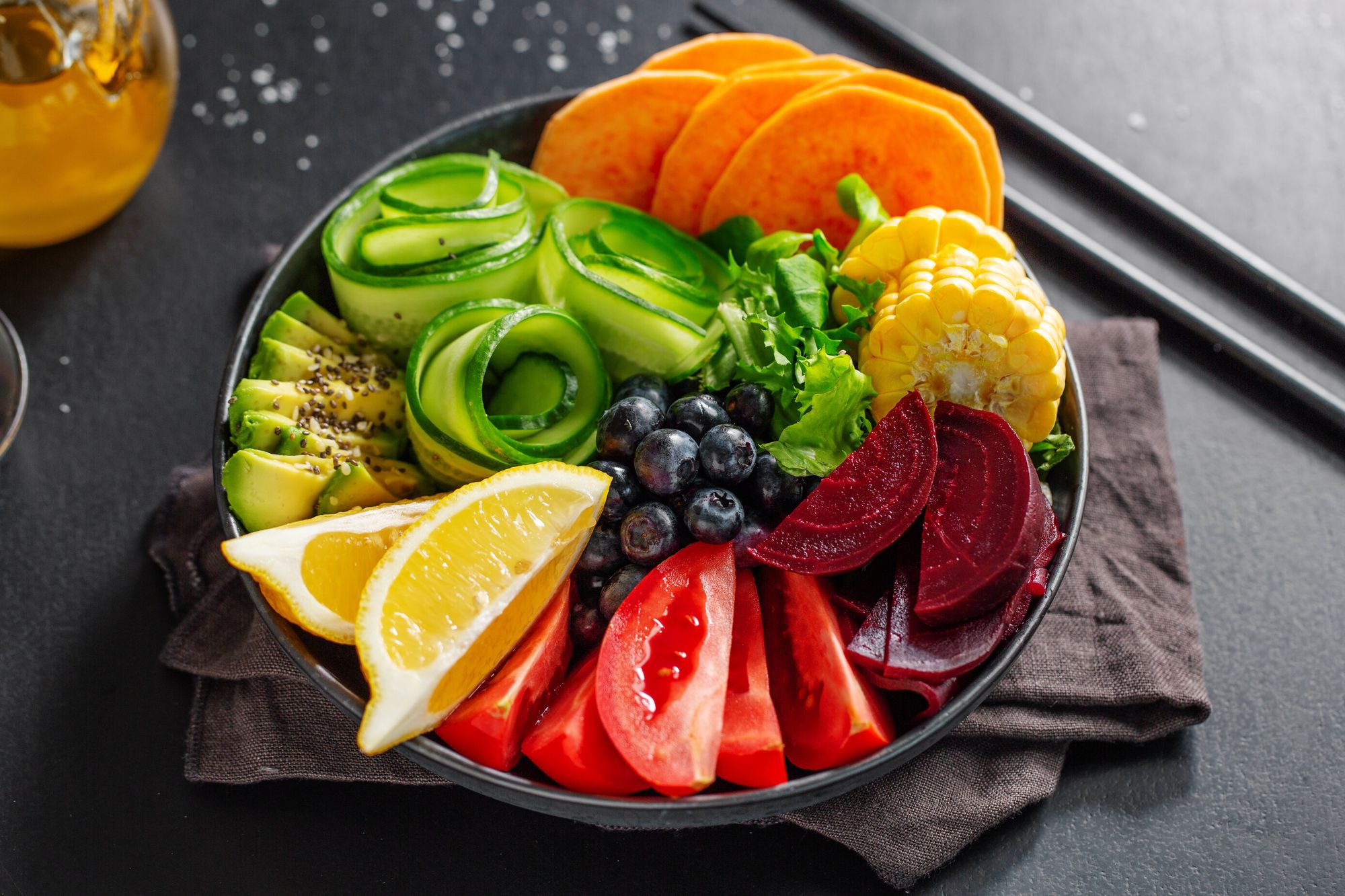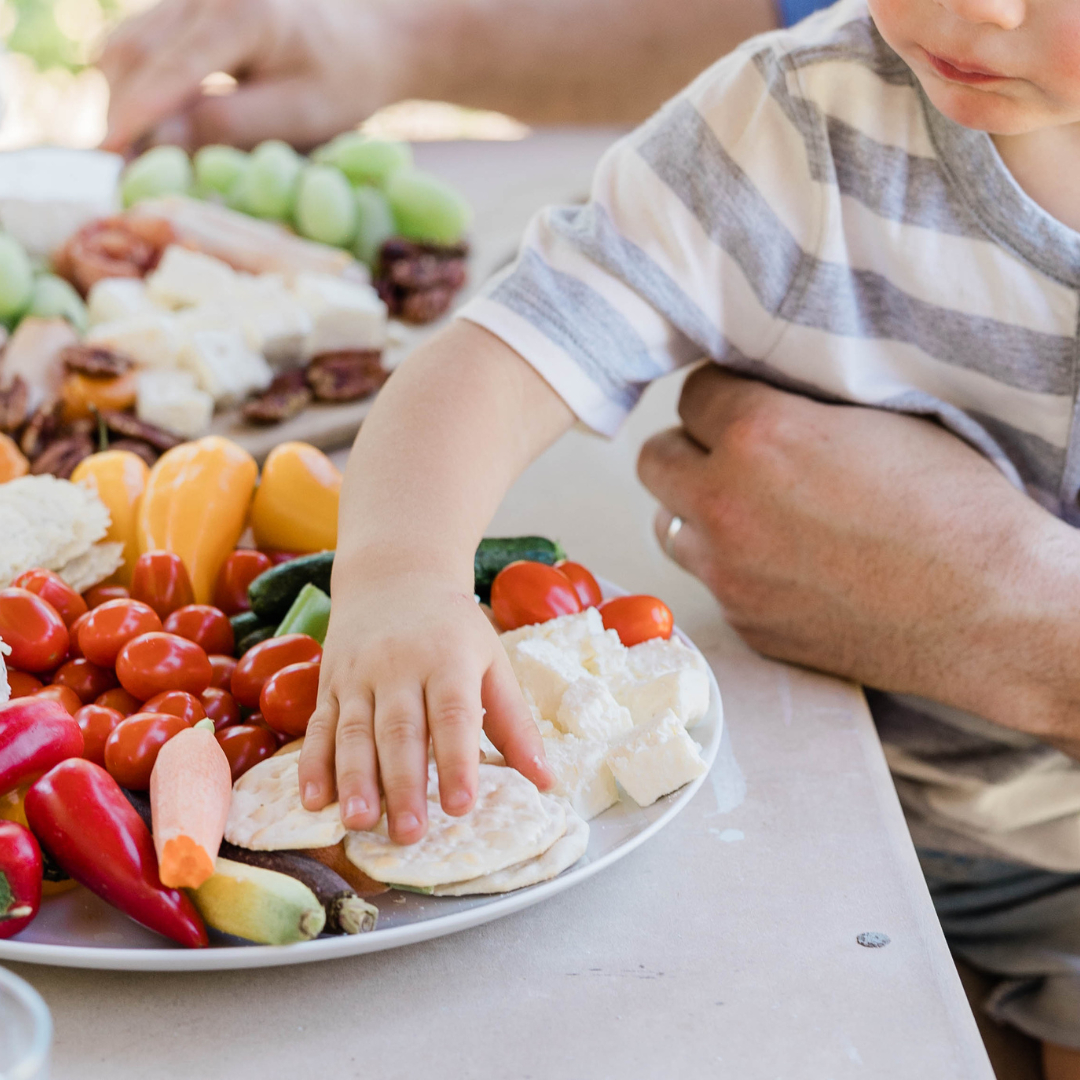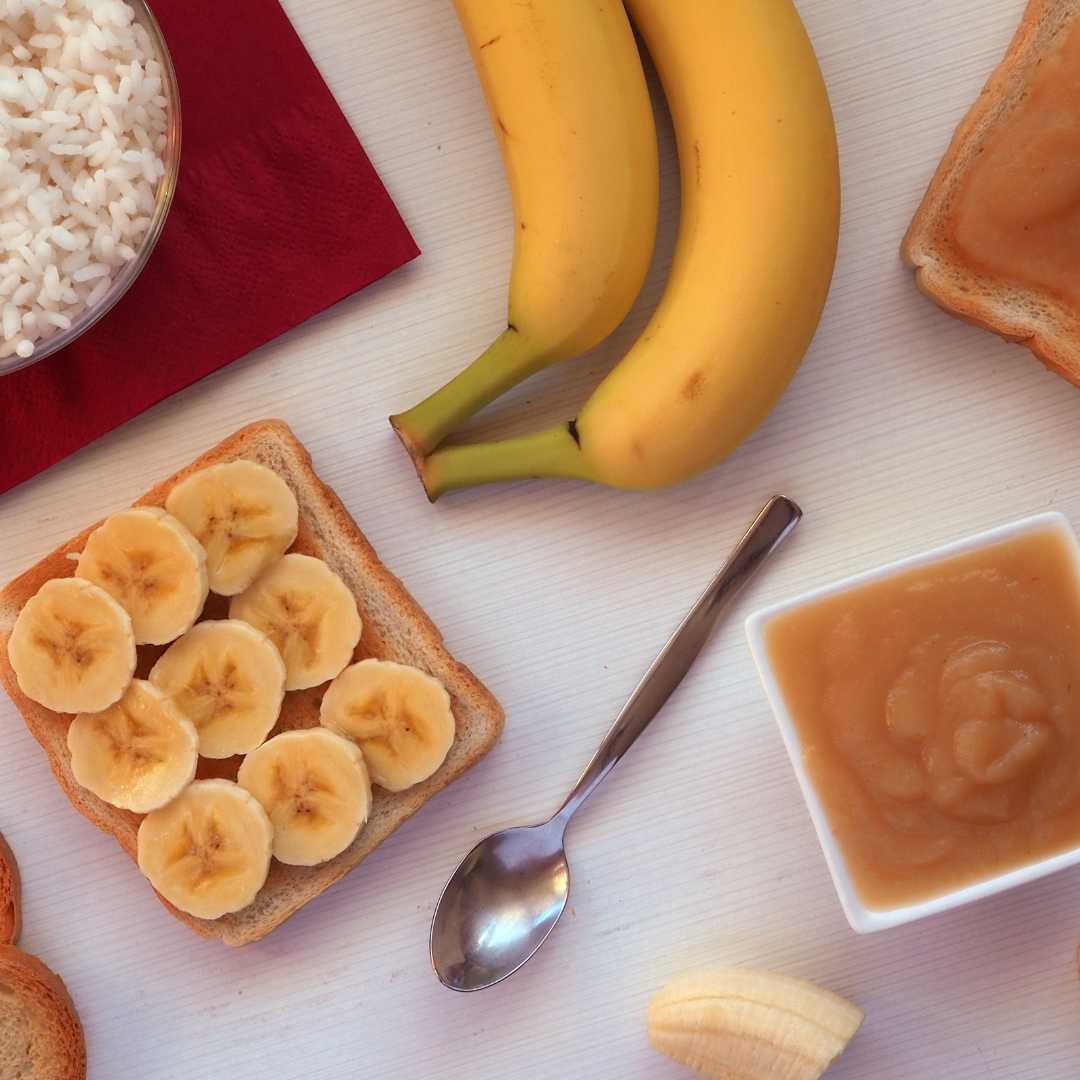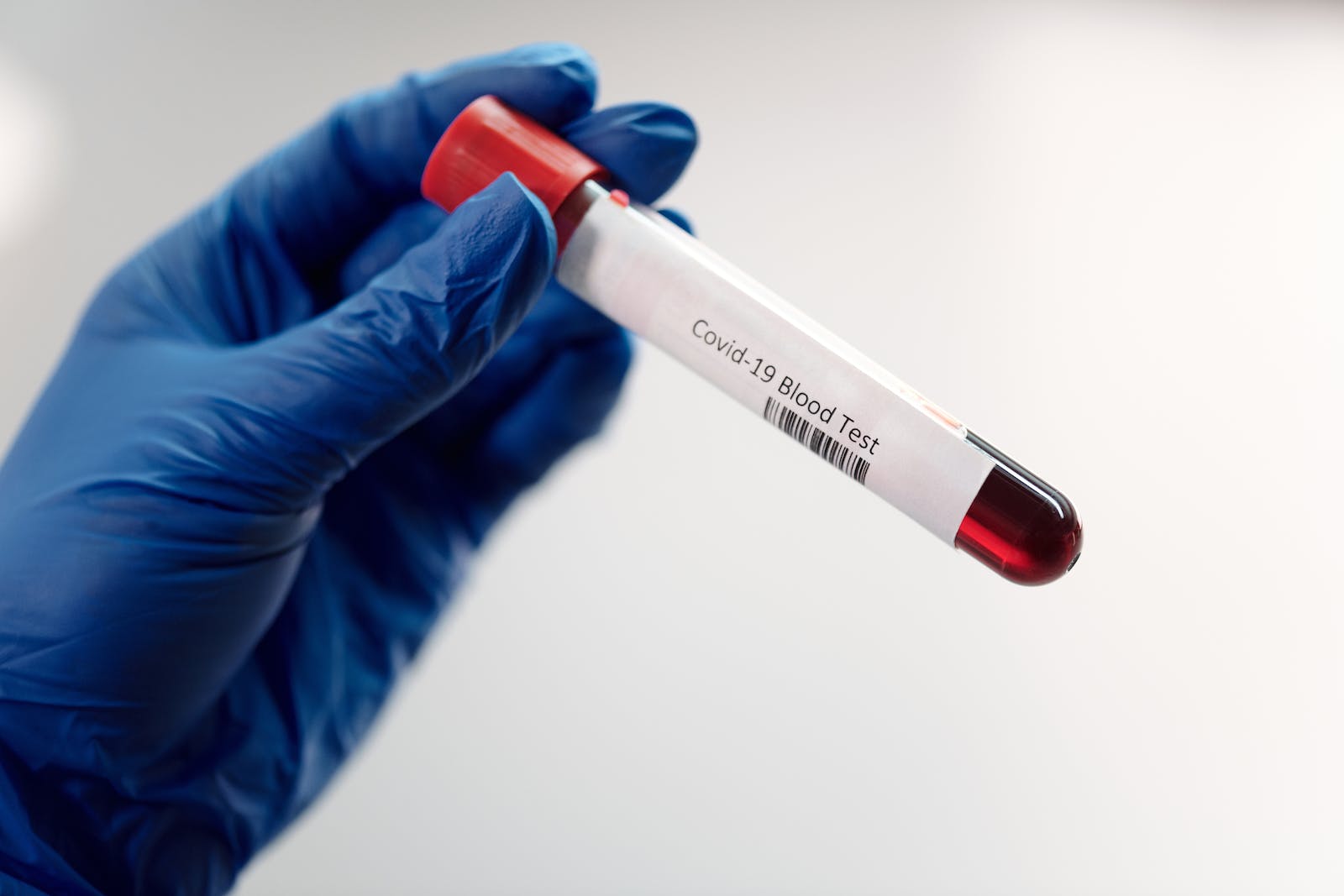
There are certain guidelines you need to be informed of when it comes to your postpartum diet. The right postpartum diet and good nutrition can speed up your recovery, help increase milk supply (if breastfeeding), and amplify energy to take care of a newborn. It’s not a secret that what you eat serves as fuel for your daily activities. Though the desire to get your old physique back might be strong, it should not come at the expense of taking care of your body. How you nourish your body in the postpartum phase supports your own healing process and health. Furthermore, if you’re breastfeeding, a healthy postpartum diet helps with the baby’s growth and development.
Remember, losing baby weight takes time. The priority is to eat healthy food and follow a balanced postpartum diet, because healthy eating supports recovery, lactation, and provides you with the energy you need to be a mom. Though cutting out carbs is a trendy go-to weight loss strategy, it is not the best idea for a postpartum diet because carbs or glycogen are needed for producing milk and supporting hormone regulation, mental health, and more. Studies indicate that a poor postpartum diet can play a role in the development of postpartum depression.
Fill up your plate with healthy and nutrient dense foods which are necessary to address the physical and mental demands of caring for your little one. Below are some postpartum diet tips to give you strength and support your stamina, which you need as a busy mom to a newborn baby.

Postpartum Diet Guidelines: Eat a Balance of the 5 Main Food Groups
- Proteins: Choose lean cuts of meat like chicken breast and pork loin to support muscle recovery.
- Fruits and veggies: Plant-based products should fill up half of your plate at every meal. They’re rich in fiber for good gut health. Most of all, they contain vitamins and minerals that support your recovery. Select organic, pesticide-free, and non-GMO produce.
- Carbohydrates: Carbs are essential in the postpartum diet for energy. But make sure to reach for whole grain carbs like steel-cut oats, brown rice, whole wheat pasta, whole wheat bread, etc. Avoid heavily processed and refined carbs as these are high in calories and trans fats.
- Fats: Fats are an essential component of the postpartum diet, especially if you’re breastfeeding. If ever you put your expressed breast milk in the fridge, you will see that it contains a decent amount of solidified fat. Reach out for healthy fats that increase good cholesterol like avocados, seeds, nuts, and oily fish.
- Dairy: Support calcium intake with low-fat milk and yogurt or fortified nut milk.
Portion control is key even if you’re eating healthy items from these food groups. What you put on your plate and the number of foods you consume are important if you’re trying to lose weight. Get a better handle on your eating with MyPlate suggestions and measuring optimal portions or ratios of each of the five food groups
Pay Attention to Caloric Requirements
The best postpartum diet contains the right amount of calories to give yourself enough energy while also promoting a good milk supply. According to La Leche League, new moms need to consume at least 1,800 calories a day to promote healthy weight loss. Noteworthy, new moms are recommended to begin their weight loss programs at least 6 to 8 weeks postpartum. This gives the body ample time to recover from childbirth and establish a good flow of milk.
Exclusively breastfeeding mothers may need to eat more calories in their postpartum diet, since the CDC (Centers for Disease Control and Prevention) notes that the act of breastfeeding could make your body burn an extra 300 to 400 calories in a day. The Academy of Nutrition and Dietetics suggests a slow but steady weight loss of one pound a week or four pounds in a month for breastfeeding moms. Extreme dieting may cut down milk supply. The primary objective is to safely and gradually lose weight while continuing to support the needs of both your own body and baby.
Whether you are breastfeeding or not, all moms need a postpartum diet that supports good nutrition. The macronutrients and calories you need typically hinge on your body frame and activity levels. Plus if you have a chronic condition like hypertension or diabetes, you must follow a diet that’s low in salt or promotes good blood sugar levels, respectively.
Nutrition varies because of many factors, so it’s good to work with your doctor to find out the recommended postpartum diet and nutrition plan. It would also help to take a CicleDNA test because reports and DNA insights from this at-home DNA test include customized nutrition plans and exercise recommendations based on your genetics.
Make it a Point to Drink Plenty of Water
Your postpartum diet plan must include the recommended eight glasses of water a day. You should drink more if you’re breastfeeding because dehydration could adversely impact milk supply. Dara Godfrey, registered nutritionist and dietician for Reproductive Medicine Associates of NY, says hydration is critical for breastfeeding moms, and she recommends up to three liters of water a day.
Typically, busy moms forget to drink and only reach for a beverage when they are already very thirsty. But that’s not a good habit, and it is a mistake to wait to drink water until you feel thirsty. When you feel thirsty, that’s already a sign of mild dehydration. It could cause issues like dizziness, headaches, and fatigue. All of these ill feelings are the last thing you want when you’re taking care of a new baby!
To help monitor your water intake, use a water bottle or a chart. Set up reminders on your phone at regular intervals. Another excellent gauge to evaluate hydration is to assess your urine color. Very pale to almost white urine shows good hydration. Meanwhile, dark yellow pee indicates you’re not drinking enough water, so increase your intake of fluids.
What Else Should You Be Drinking, Besides Water?
New moms, especially breastfeeding moms, are encouraged to drink milk to replenish their calcium stores. If you have lactose intolerance, your doctor may recommend a calcium supplement.
It is also crucial to remember that fruit juices contain a lot of calories. Pay attention to sweet drinks in your postpartum diet as you may be unknowingly consuming too much which could derail your weight loss goals.
Furthermore, don’t forget to keep an eye on your coffee and alcohol intake, especially while breastfeeding. A small amount of caffeine from coffee (or even sports energy beverages) could be passed onto the baby via breast milk. According to the CDC, breastfeeding moms must stick to 300 milligrams of caffeine or less per day. This is around two cups of coffee.
Alcohol is another consideration for breastfeeding mothers as it could decrease milk production and shorten breastfeeding duration. Too much alcohol consumption while breastfeeding could also affect your baby’s sleeping patterns and impact early development. Those who have a glass of wine or try other drinks should do so sparingly. You can drink spirits after breastfeeding or wait at least two hours after having a drink before you breastfeed to give alcohol a chance to metabolize.
Don’t Be Remiss in Taking Vitamins
Breastfeeding mothers are recommended to continue taking their prenatal vitamins to support milk supply and production. The vitamins help with the baby’s growth while helping fill the mom’s nutritional gaps. If you’re not breastfeeding, you may still need additional nutrients to support recovery. Your doctor will typically recommend the best postnatal vitamins that suit your needs.
Avoid Deprivation in Your Postpartum Diet
Though you may have a strong desire to lose the baby weight and reclaim your pre-pregnancy figure back, it’s best not to deprive yourself. When you’re hungry, you will feel more fatigued. Feeling tired could make you feel overwhelmed and anxious. Extreme changes in your eating patterns could affect your hormones and impact your sleep. All of these are a slippery slope that could spiral into postpartum depression.
You can indulge in a cheat treat once in a blue moon. This will keep your sanity and boost your mood which will help you meet the strong demands of caring for a newborn. Make healthy weight loss a goal by eating nutritious food. Minimize junk food, fried foods, desserts, and sodas in your postpartum diet. These treats are loaded with sugar, salt, and saturated fats, which could derail you from achieving your goals.
Don’t Rush Any Post Pregnancy Weight Loss Goals
Eating a healthy postpartum diet is critical for recovery from childbirth and pregnancy. It also matters if you’d like to get back to your old pre-pregnancy weight. However, don’t make radical changes in your diet immediately after giving birth.
Be patient and give yourself time shedding ‘baby weight’, because you carried a growing fetus for nine months. Enjoy the miracle of new life and the gift of new motherhood. Be kind to yourself and allow room for a gracious recovery.
Weight loss should not be a priority in the first few weeks post pregnancy. When you’re ready to start your weight loss journey, make gradual changes. Incorporate your regular exercise routine again, once your ob-gyn permits you.
Remember to take it slow and steady. Eat a healthy postpartum diet to regulate hormones, sustain energy levels, nourish the baby, and support good maternal mental health. The ‘baby weight’ will come off eventually. Your body is amazing. After all, it brought a new life into this world.
References:
- Maternal Postpartum Diet and Postpartum Depression: A Systematic Review (Rachelle Opie et.al.) https://pubmed.ncbi.nlm.nih.gov/32367245/
- Dietary Guidelines (MyPlate) https://www.myplate.gov/
- Weight Loss for Mothers (La Leche League) https://www.llli.org/breastfeeding-info/weight-loss-mothers/
- Maternal Diet (CDC) https://www.cdc.gov/breastfeeding/breastfeeding-special-circumstances/diet-and-micronutrients/maternal-diet.html
- Losing Weight While Breastfeeding (Academy of Nutrition and Dietetics) https://www.eatright.org/health/pregnancy/breast-feeding/losing-weight-while-breastfeeding
- Postpartum Diet (Healthline) https://www.healthline.com/health/postpartum-diet#guidelines
- Coffee While Breastfeeding (Medical News Today) https://www.medicalnewstoday.com/articles/322805






